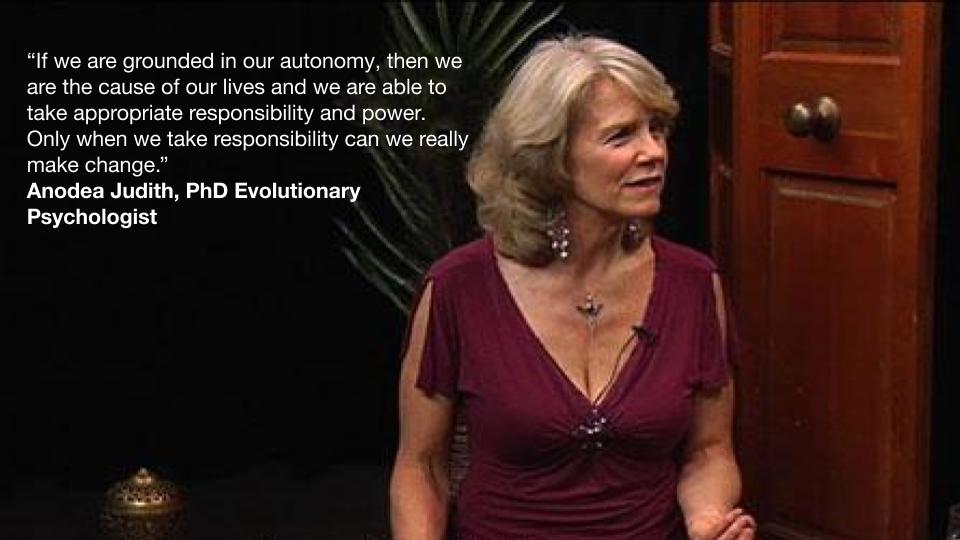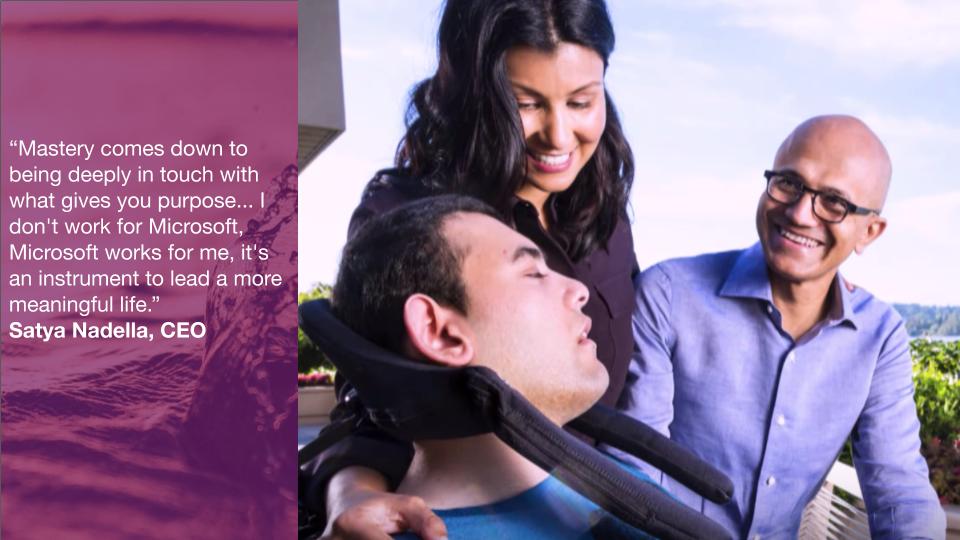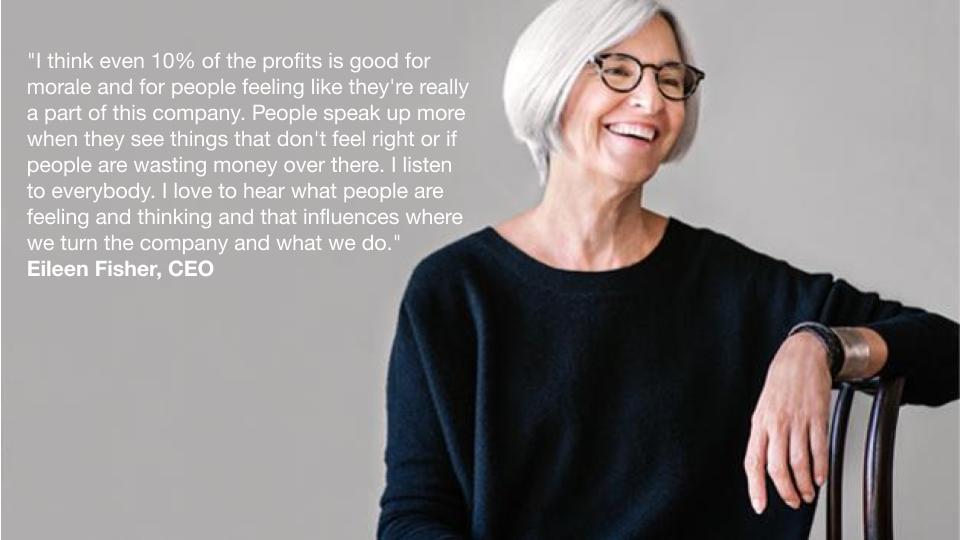The Solution: Cooperative Ownership Model
Ownership. This word has been bouncing around my head since starting as the Community Manager at Turning Basin Labs (TBL), a cooperative staffing agency. When I think of how to create a culture of ownership, where people are invested in outcomes and take responsibility for their actions, it is usually contingent on the fulfillment of basic human needs: the need for security, autonomy, and belonging.
TBL has a cooperative ownership model. Every worker placed becomes a “member-owner” in the cooperative, meaning member-owners benefit from profit-sharing, their feedback is considered when improving the offering, and they are a part of our community. The nature of the business model empowers member participation because they are motivated to continue to feed a system that fulfills their basic human needs.
Security
Job security is a hot topic right now around the future of work. I see AI and automation as an invitation to upskill our labor market rather than a threat to our job security. Successful companies have realized that upskilling their workforce is a non-negotiable in our fast-paced environment. The problem is that temporary workers are on the rise and most companies do not take ownership in upskilling their temporary workers. Successful companies also understand the business value of a diverse workforce yet struggle to find skilled, diverse talent pools.
TBL’s vision is to take upskilling into our own hands by investing 100% of our staffing fee back into our workers so that they can stay relevant in our constantly shifting marketplace. On top of that, member-owners will benefit from profit sharing; to me, this is the most “fair” way to run a business. The gesture of giving back to those that created the success goes far beyond basic security needs– it creates trust, which is the foundation of any high performing team according to Patrick Lencioni.
Autonomy

Trust is also involved when it comes to autonomy. The funny thing about autonomy is that the basic nature of top-down organizations does everything to strip it away in an effort to “improve efficiency”. Ridgid roles, responsibilities, and processes are designed to mitigate risk but end up creating silos and disempowered employees. There ends up being a lot of waiting around for change rather than being the catalyst for it. This is why creating a culture of ownership is so powerful.
When Satya Nadella stepped into CEO at Microsoft he created a culture of ownership. He channeled conflict into innovation and empowered employees to connect to their purpose and take ownership of their outcomes. Microsoft has more subscribers than Netflix, more cloud computing revenue than Google, and a near trillion-dollar market cap. Yet Nadella refuses to celebrate as these are “arbitrary milestones that lack meaning”.

When companies support the growth of their employees, motivate them through achieving their career goals, and help them connect to purpose and meaning in their work, more innovative products and customer-centric solutions follow. We hope to create this sense of autonomy and an ownership culture at TBL so we can address big questions around DEI in the workplace.
Belonging
We are social beings that share a common human desire to belong; it actually boils down to survival as there is strength in numbers. Psychologist Daniel Kahneman popularized the metaphorical terms “System 1” and “System 2” to describe our reactive, intuitive and emotional side (system 1) and our more deliberate, rational, and logical side (system 2). When our sense of belonging is threatened we become stuck in system 1 and we are biologically unable to be creative, welcome new ideas, and grow.
Eileen Fisher, the CEO of the self-named, highly successful clothing brand where the employees own nearly half of the company reflects on the benefit of belonging below…

As the Community Manager, I am excited to foster a sense of belonging at Turning Basin Labs and the extended community. I plan to do so through hosting in-person, monthly events where we will explore important topics like racial discrimination at work, LGBTQ workplace protections, gender wage discrimination, and so much more. Information is abundant in the digital age, what we can always use more of is connection and shared perspectives of lived experience to help build a more equitable and inclusive world.
To learn more about our upcoming events please join our mailing list here! We will be building out an online hub as well that we will share on our mailing list to come.
We are excited to hear from you to help us create sustainable practices, offer relevant training, provide supportive benefits and hear your desires for what you look for in community. TBL is what you make it!

—
Sarah Howard Community Manager, Turning Basin Labs
Sarah has a background in psychology and experience in workplace culture, community design, and leadership coaching. She brings her lens around behavior change to TBL where she observes the underlying mindsets and surrounding systems (ie cooperatives) that support regenerative change. Join TBL’s mailing list here to stay up to date on their monthly DEI events.
